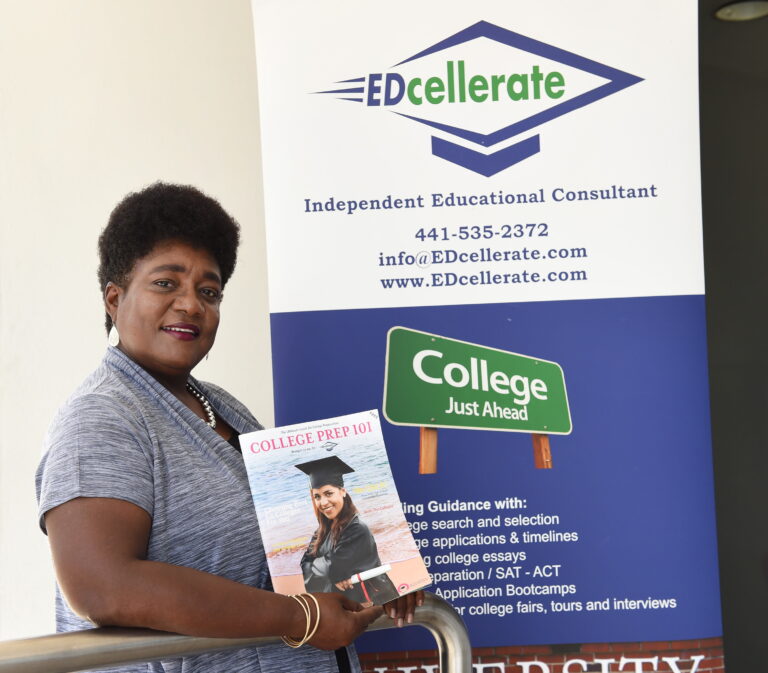No matter what the outcome of the scholarship application, the process of applying and going through the interview is a great learning experience that will provide an advantage for many years to come.
So if the interview process is such an important part of potentially receiving a scholarship and beyond, how can you ace it? We spoke with Sandra Dill of EDcellerate, a business that provides guidance and support for college-bound students, for her tips on setting yourself up for scholarship success.
Her biggest tip is to make sure to start preparing for the scholarship interview early.
“Start the scholarship preparation at least three months in advance,” says Ms Dill. “Most scholarships open in January, so start the preparation process then.”
Some of the ways that you can begin to prepare, she says, include researching scholarship interview questions and responses, writing down your questions and responses and sharing them with a trusted guidance counsellor, mentor or support person.
“Be intentional about the level of preparation needed to get a scholarship,” she says.
Ms Dill adds this is also an important time to start practicing those networking skills.
“Set up and take meetings with HR departments and interview them about what makes a strong potential scholarship recipient,” advises Ms Dill. She also suggests asking successful scholarship recipients their tips for how they prepared for the interview.
“Learn about the company that is offering the scholarship and about who might be on the scholarship panel.”
And prepare a few topics to discuss during the interview including what university you plan to attend, your career goals and the contributions you will make to the local and global community.
One of the hardest questions, says Ms Dill, is: “Tell me about yourself,” so it’s a good idea to be prepared with some key points about what sets you apart from others vying for the same scholarship.
Once the interview has been secured, Ms Dill says to get practicing. Practicing before the interview can help calm any nerves and give you confidence before going in front of the scholarship panel.
“Practice in front of the mirror, practice with peers or with someone who does interviews for a living,” suggests Ms Dill.
And while practicing and getting comfortable with your interview questions and responses is essential, Ms Dill encourages applicants to make sure to remember to “be yourself” during the interview.
“Don’t be so rehearsed during the interview,” she says. “Have a conversation with the interviewers, not a presentation or speech. Keep the conversation flowing and have a few questions prepared about the organisation or scholarship and appear interested.”
Lastly, take the interview seriously and ensure your appearance is presentable and that you show up early to your scheduled meeting.
After the interview is over, make sure to follow up. This will ensure you can maintain the good impression you worked on before and during the interview.
“Send a thank you email with a sentence or two about yourself or something that came up in the interview,” says Ms Dill. “Then it’s not just a generic thank you.”
To give yourself the best chance at scholarship success, attend scholarship information sessions, which are held both in person and virtually to make sure you’re fully prepared.

